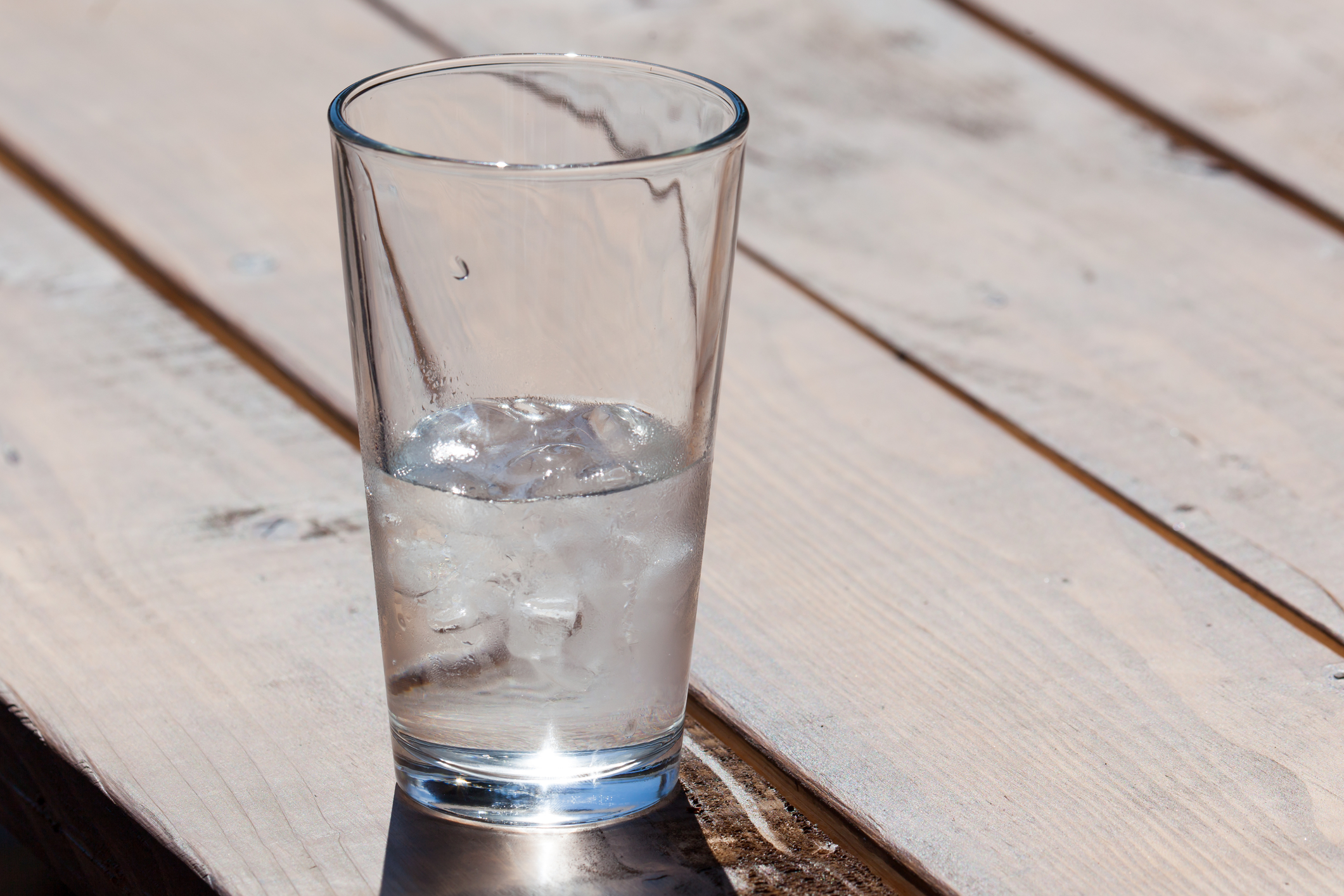5 Unusual Ways to Better Your Oral Health
Even though the design for the modern toothbrush was not developed until the fifteenth century, the practice of oral hygiene has been around for millennia. Whether it that involves chewing on Purple Nutsedge Weed like people in the Sudan, scraping twigs across your teeth like the ancient Egyptians, or creating a sort of toothpaste from crushed bones and oyster shells like the Greeks and Romans, cleaning your mouth has always been a high priority in most people's basic lives. People today may not use those methods today, but there are more ways to improve your oral health than the standard brush-and-paste combination.
Eat Less Ice

For some people, the sensation of crushing ice either during a meal or just in their free time is addictive. Some will go out of their way to drive through a fast-food joint for a cup of ice to chew on while driving, while others purchase an ice-maker or snow cone machine just to keep around the house. Medically, this phenomenon is known as pica, and is defined as chewing on things that have little or no nutritional value. Hippocrates, an ancient Greek physician, recorded that the pregnant women of his time would often chew on charcoal or dirt, while other textbooks from the same era recorded that some enjoyed dining on dirt and ashes.
While chewing on ice seems relatively harmless, it can reveal a lot about the physical condition of the person. Frequently craving ice can be a sign of anemia, particularly due to a lack of iron. There are several theories as to why iron-deficient people like to chew ice, but it could be due to the exhilaration that exposure to increased cold can do to an otherwise foggy brain. Though chewing on ice will not lead to any major complications down the road, it has been proven to chip and crack teeth, cause damage to tooth enamel, complicate past dental work such as fillings, and can lead to a higher sensitivity to food and drink temperatures.
Use Alcohol-Free Mouthwash

Using mouthwash is not unusual. Therefore, suggesting that one avoids using mouthwash likely seems out of place on this list, but it is important to make a delineation between alcohol-based mouthwash and alcohol-free mouthwash. Alcohol-based mouthwash normally contains a substance called ethanol, which leaves a burning sensation in the mouth, as well as dryness and a long-lasting bitter taste. For those who suffer from irritations in the mouth, such as burning mouth syndrome or xerostomia (dry mouth), the alcohol found in mouthwash can aggravate these symptoms further. Moreover, people who have a history of alcohol abuse should stay away from mouthwash that contains alcohol, as it can lead to relapse.
Other conditions can be aggravated by alcohol-based mouthwashes as well, such as people on other medications that can reduce the flow of saliva, those undergoing radiation therapies, Sjogren's disease or even diabetes. Furthermore, the strong burning sensation that comes with alcohol-based mouthwashes is uncomfortable for many and can compel them to spit it out before it reaches its full effectiveness. Some studies have even linked alcohol-based mouthwashes with oral cancer, but it should be noted that the data is still inconclusive. Regarding cosmetic benefits, one study done by BioMed Research International, claims that alcohol-free mouthwash can result in a better gloss and color of tooth restorations, as well as making them more durable.
